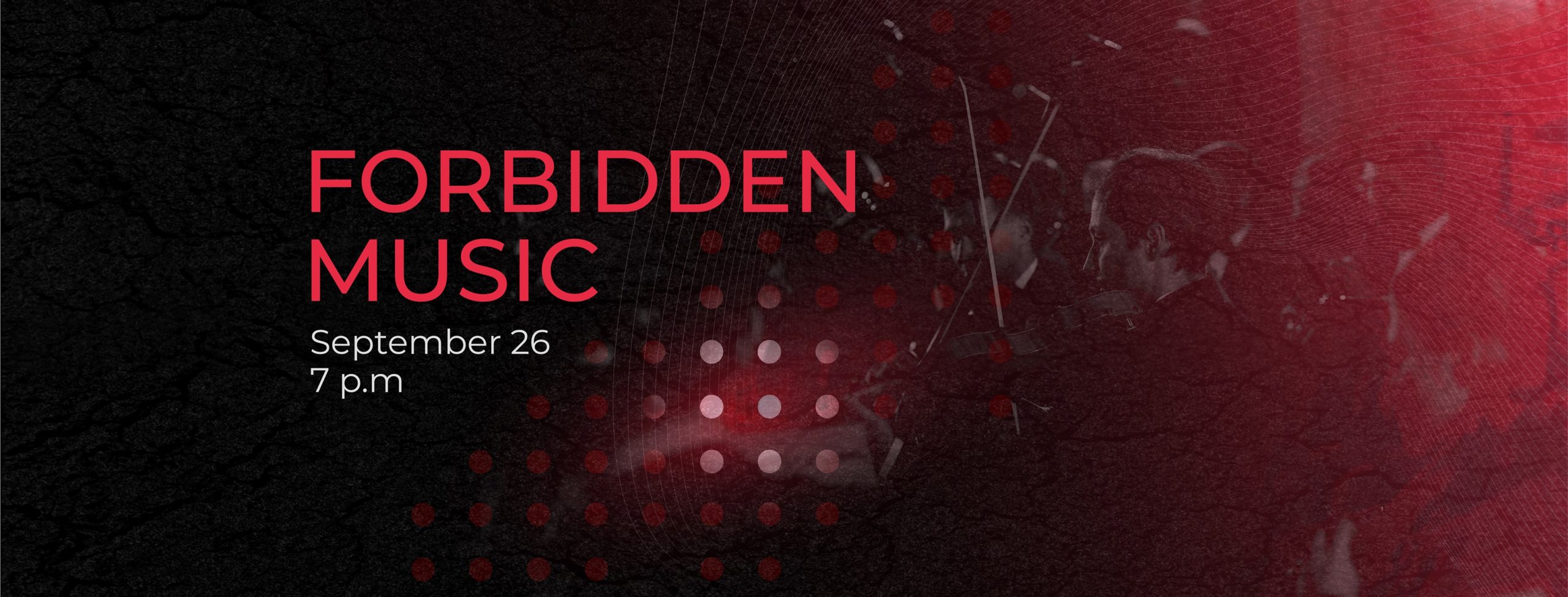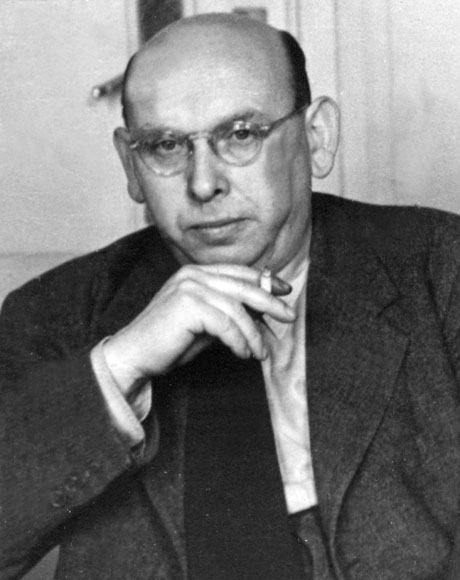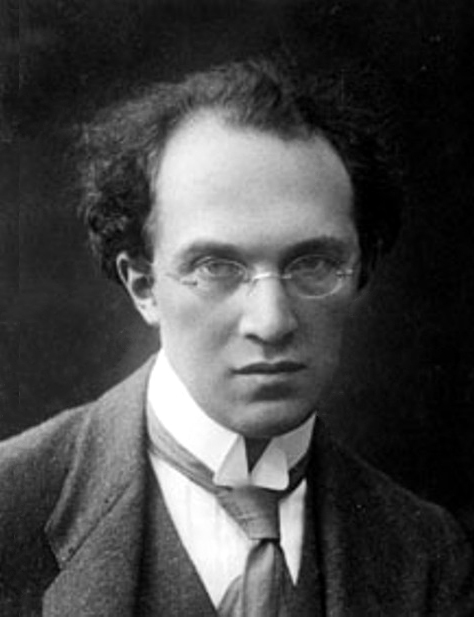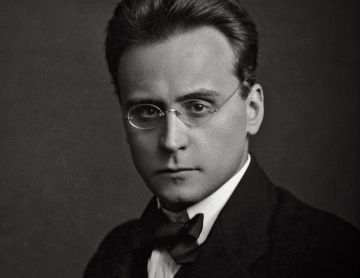Since the beginning of 2021, a young, driven team of music enthusiasts in Lviv has been working on an international historical and musical project about composers and musicians who lived and created under totalitarian regimes.
Music that was banned, destroyed, erased from repertoires and from people’s memory.
Musical geniuses, whose names were dragged through the mud, disgraced, forgotten, erased from the pages of history… because of their origin, position, thoughts and views.
These masters will all be given a voice in the framework of Forbidden Music, a project that originated in Lviv (Ukraine) and is being implemented together with experts from three countries - Ukraine, Germany and Sweden.
Forbidden Music is a historical and musical project that highlights the artist’s role in times of extreme oppression and violence. It recounts the tragic fate of these composers and how they worked and created under the totalitarian regimes of Nazi Germany and the Soviet Union. At the same time, it shows the power and role of art in overcoming censorship and restrictions.
The project was organized and implemented by the Collegium NGO with the support of the Ukrainian Cultural Foundation together with the Württemberg Philharmonic (Germany), the University of Malmö (Sweden), the Lviv Organ Hall and the Galician Music Society (Ukraine).
The Creators
Ivan Ostapovych and Taras Demko are two Ukrainian cultural managers who came up with this unique idea some time ago. Taras Demko works as the project manager, and Ivan Ostapovych is the artistic director.
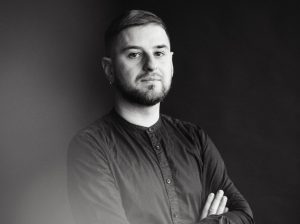

First, they and their team focused on transforming this ingenious idea into reality. Preparing scores, scheduling rehearsals with the orchestra, working with musicologists and experts, organizing a trilingual publication about the composers, planning conferences, shooting promos, organizing press conferences, broadcasts, interviews - all of these things and more to stay on top of events!
However, the project would never have taken off without the participation of international partners from Sweden and Germany.
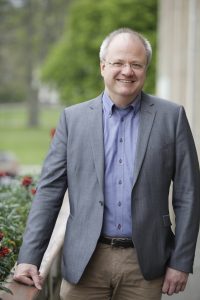
The general music director is the conductor of the University of Malmö orchestra (Sweden) Daniel Hansson. Composer, Professor of Musicology, Music Theory and Composition at the University of Malmö, Staffan Storm works as the artistic advisor.
Cornelius Grube, Chairman of the Board of the Württemberg Philharmonic Reutlingen, is the artistic director in charge of Germany’s musical heritage.
Well-known musicologist and music critic Lyubov Morozova
works as project coordinator and lyricist.
The project is supported by the Ukrainian Cultural Foundation.
Music and Politics
The concept of Forbidden Music arose from reflections and discussions during the development stage of the Ukrainian Live strategy.
“Ivan Ostapovych and Taras Demko were intent on exploring Ukrainian music and saving it from oblivion, and this inspired us to focus on new ideas. We want to highlight music that was created in extreme situations, during periods of persecution, imprisonment and hardship. Drawing parallels between Germany and Ukraine under totalitarian regimes, we see similarities in how music and artists suffered during such periods of political repression and restriction. This is what we want to convey in our concert programs,” says general music director Daniel Hansson (Sweden).
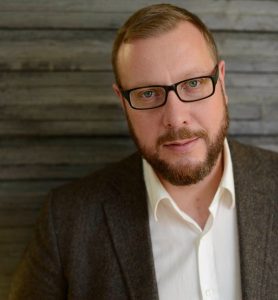
Ukrainian and German music will be represented equally by composers who were persecuted or repressed in one way or another under totalitarian regimes.
Although the team has been working on the project since the beginning of 2021, Forbidden Music will officially start on September 26, 2021 - the first of three concerts will be held in the Lviv Organ Hall. Works by Ukrainian and German composers will be performed by the Ukrainian Festival Orchestra under the direction of Ivan Ostapovych and Daniel Hansson.
The project will not be limited to concert performances. Several online and offline events are scheduled:
- release of high-quality recordings on the Ukrainian Live Classic YouTube channel;
- a trilingual publication with professional articles about composers and their works;
- an academic conference - Music and Politics – with the participation of experts from the Galician Music Society, which will gather musicologists from different countries.
“We want to spark a discussion about how politics and music interact, both historically and today," explains Staffan Storm.
Forbidden, Illegal, Harmful Music
The project includes three concepts, each of which is reflected in the concert names: Forbidden Music, Illegal Music and Harmful Music. The idea was formed and developed over a long period of time, says Staffan Storm:
“The members of our creative group made an interesting selection. They found a lot of exciting music and discussed it in light of our topics. Today, we’ve put together a repertoire that will create a great concert program and convey a unique story to the audience.”
Daniel Hansson, general music director, spoke in detail about the three concepts:
“These are three different perspectives on music that, in different ways, was denied and banned by oppressive political regimes in the past. Some of the music was created in exile, in prisons and concentration camps. It was considered tasteless and unaesthetic, held in low esteem, or banned for its content. This project demonstrates the power of musical art, and shows that nothing can stop the artist in his creative work.”
Forbidden Music will be performed on September 26 in the Lviv Organ Hall. It features music by composers whose works were banned by political regimes and systems due to the artist’s refusal to serve ideological purposes. The concert program includes music by Vasyl Barvinskyi and Volodymyr Flys (Ukraine) and Karol Rathaus and Paul Hindemith (Germany).
Illegal Music will sound on October 3 and will present works created in the depths of darkness. This repertoire arose in distant exile or in prisons and camps, namely the works of Borys Kudryk, Vsevolod Zaderatskyi, Viktor Ullman, Hanns Eisler and Arnold Schoenberg.
Harmful Music includes scores that were deemed inappropriate because of their distinctiveness and the author’s origin or identity. On October 19, music lovers in Lviv will hear compositions by Borys Lyatoshynskyi, Franz Schreker, Ernst Toch and Anton von Webern.
Tragic Destinies
All of these composers suffered different fates at the hands of the repressive Nazi and Soviet regimes. And yet, they shared a common bond that no dictator could undo – a stubborn desire to create music, explore new directions and record their compositions.
“I’m amazed by what these composers had to endure. Their lives and works relay incredible stories about music and its power to overcome all evils and come out victorious. Take Barvinskyi, who, after his imprisonment, rewrote most of the works that had been destroyed by the communist regime. Or Viktor Ullman, who composed his music in the most terrifying of places - a Nazi concentration camp.” says Daniel Hansson.
Viktor Ullmann and his family were murdered in the gas chamber of Auschwitz concentration camp.

Musicologist Lyubov Morozova has developed and transmitted the stories of the composers' lives and works for a trilingual publication. The stories are presented in a professional manner with references to historical sources.
“Ukrainians have much to think about here, because we continue carrying this heavy burden – a collective trauma. Among all the nations caught in the destructive net of Soviet totalitarianism, Ukraine probably suffered the most. We all remember that popular Soviet aphorism: “They clip your nails in Moscow, but in Ukraine, they cut off your fingers!” explains Lyubov Morozova.
The publications acquaint readers with the fate of little-known composers, such as Vsevolod Zaderatsky, a Denikin follower and an avant-garde composer, who spent most of his life in exile on the outskirts of the Soviet empire and two years in a hard labour camp. Or Boris Kudryk, who travelled to Vienna during the war but was arrested by Soviet counterintelligence, sentenced to ten years and died in a penal colony in Mordovia.
Others were more fortunate, for example, Borys Lyatoshynskyi, who managed to escape imprisonment - unlike Vasyl Barvinskyi and Volodymyr Flys. But, he was not able to escape accusations of “formalism” and continuous harassment by his colleagues.
Some composers managed not only to survive, but also to change the history of music. Arnold Schoenberg reformatted contemporary music in the United States. Paul Hindemith, who left Germany after his work was classified as “degenerate art”, became one of the most famous composers of his time.
“In our Forbidden Music program, we underline the role of the artist in a totalitarian society, using examples from both German and Ukrainian culture. When you compare the common historical experience shared by these two countries, you become more and more convinced that it’s very important to talk about what happened and deepen the discussion so that it doesn’t happen again,” says Ivan Ostapovych.
What is the Collegium?
This is not the first project initiated by the Collegium
- Collegium Musicum NGO and Collegium Management music agency, which Ostapovych and Demko founded in Lviv in 2011.
The agency organizes concerts, festivals, workshops, lectures and media projects in the field of classical music. Since its founding, Collegium Management has staged over 2,000 concerts that have been widely acclaimed in Lviv and in Ukraine as a whole.
Since 2014, the Ukrainian Festival Orchestra has been functioning within the framework of the Collegium (until 2018 - the Collegium Musicum Chamber Orchestra). Since 2019, the Collegium has been implementing a strategic project to promote a program of Ukrainian classical music. Named Ukrainian Live Classic, it is both a mobile app and a YouTube channel that enable music lovers everywhere to enjoy Ukrainian classical music and learn more about the Ukrainian music scene.
Phone app brings 40 Ukrainian classical composers into your pocket
Together with the Lviv Organ Hall and the newly-restored Galician Music Society (in 2019), the Collegium implements ambitious music projects aimed at promoting classical music and Ukrainian composers in the context of world culture.
The Collegium has taken part in international festivals of classical music, organized their own festivals, among which the most popular were Ukrainian Live in Hodovytsia (2019), Ukrainian Live Tour: Return of Ukrainian Classics (2019), Lviv Organ Residence (2021), Bazhanskyi's operas: from archive to audio series (2021).
In addition, the Collegium has released five CDs under different labels, including Toccata Classics (London).
Laureate of grant programs awarded by the Lviv City Council, the Ministry of Culture, the Ukrainian Cultural Foundation, the Collegium works closely with the Lithuanian Baroque Theatre (Vilnius), the University of Malmö (Sweden), the University of Rzeszów (Poland), the Embassies of the Kingdom of Belgium and the Republic of Germany, the Austrian Cooperation Office in Lviv, and many others.
Artistic Freedom
When asked why they joined the project and what they would like to convey to the audience, both Staffan Storm and Daniel Hansson agreed that they were most pleased to share these stories with music lovers and real audiences. By performing these masterpieces, they, as experts and musicologists, are proud to honour these composers in a public manner.
In addition, they want to create an inspiring atmosphere that will enable the audience to discover and experience fantastic music that was forbidden and silenced for so many years. This should, in fact, inspire further discussions on artistic freedom and the importance of the artist’s role in today’s society.

